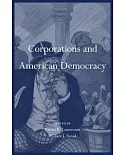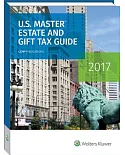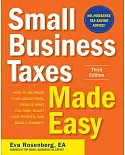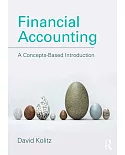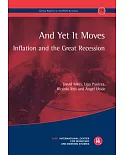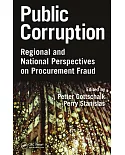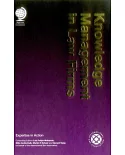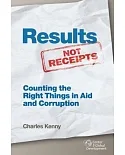Among the major professions, certified public accountancy has the most severe underrepresentation of African Americans: less than 1 percent of CPAs are black. Theresa Hammond explores the
history behind this statistic and chronicles the courage and determination of African Americans who sought to enter the field. In the process, she expands our understanding of the links between
race, education, and economics.
Drawing on interviews with pioneering black CPAs, among other sources, Hammond sets the stories of black CPAs against the backdrop of the rise of accountancy as a profession, the particular
challenges that African Americans trying to enter the field faced, and the strategies that enabled some blacks to become CPAs. Prior to the 1960s, few white-owned accounting firms employed
African Americans. Only through nationwide networks established by the first black CPAs did more African Americans gain the requisite professional experience. The civil rights era saw some
progress in integrating the field, and black colleges responded by expanding their programs in business and accounting. In the 1980s, however, the backlash against affirmative action heralded
the decline of African American participation in accountancy and paved the way for the astonishing lack of diversity that characterizes the field today.


